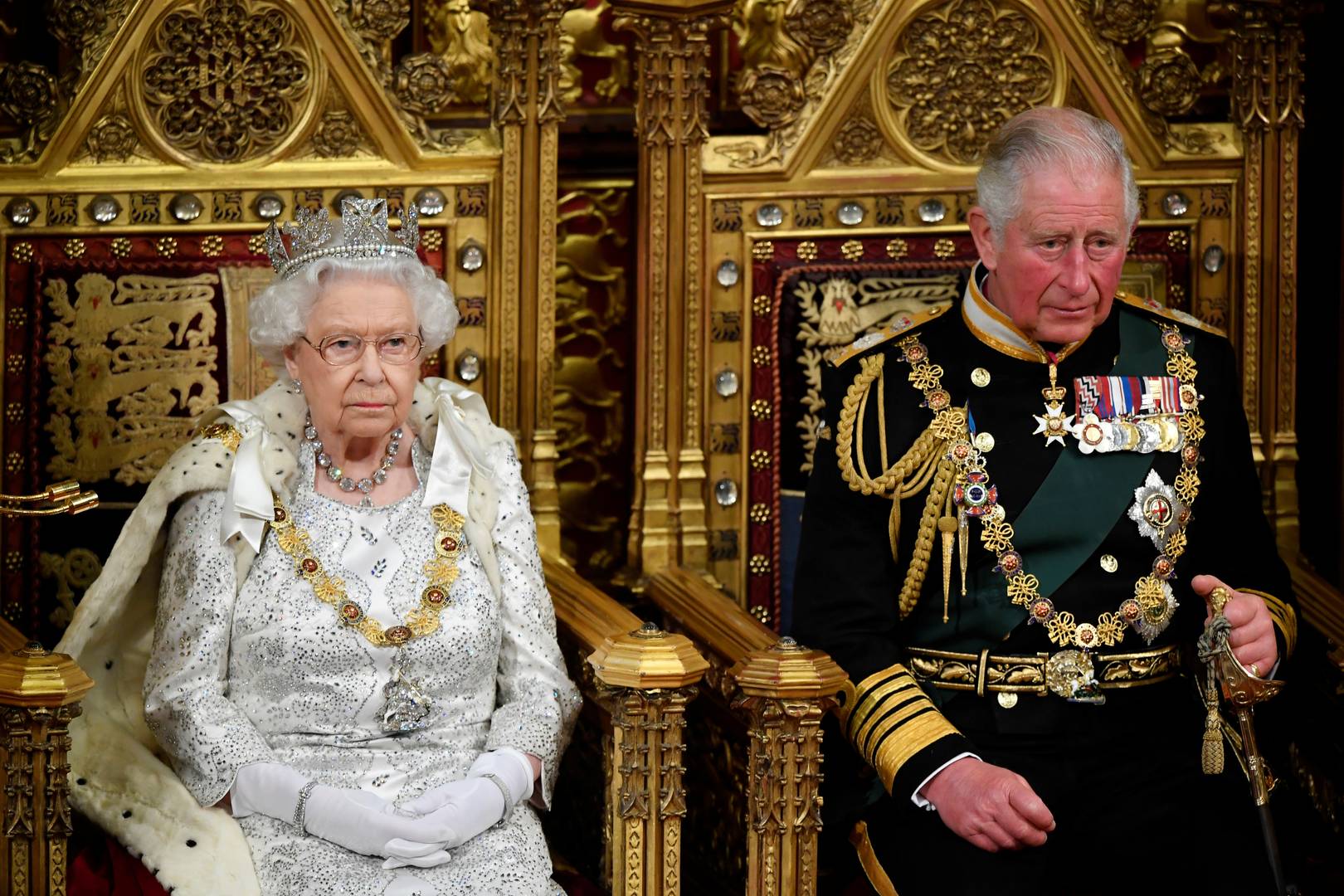
The anointing ceremony of King Charles III as Archbishop of Canterbury will take place with the cameras off, the Buckingham Palace press service announced on April 14.
The king must follow the example of his mother, Elizabeth II. At first it was assumed that the ceremony would be televised, but this idea was later abandoned.
During the anointing, the archbishop pours sacred oil from a gold ampulla, an eagle-shaped vessel, into the coronation spoon, a silver-gilt spoon from the late 12th century, the only one of the medieval crown jewels not it was lost after the Civil War. . The archbishop then anoints the king’s head, chest, and hands with oil.
The ceremony, which dates back to the Old Testament when the prophet Samuel anointed Saul as the first king of the Israelites, traditionally emphasized the spiritual status of the monarch. Until the 17th century it was believed that the sovereign was directly designated by God, which was confirmed by the rite of chrismation.
The late Queen Elizabeth II refused to televise her coronation. The king decided to follow her example. “Given its holiness, there has never been a precedent for it to be publicly available.said a royal family source. — A way was found to ensure that this time everything would stay the same.”
Dr George Gross, visiting professor of theology at King’s College London and co-founder of the British Coronations Project with Dr David Crankshaw, said the Queen and the Archbishop of Canterbury decided the anointing ceremony was too sacred for be broadcast and at that time the cameras were suspended.
“Here again, one might think that the Anglican Church and the rector of Westminster Abbey would want to keep the holy of holies within the service out of public view. If it had not been shown, it would be thought that they insisted on it with the king’s blessing as the final decision maker.He noticed.
New to the current ceremony is that myrrh, which will be used to anoint the king, was consecrated for the first time outside of the UK.
He was consecrated in a ceremony at the Church of the Holy Sepulcher in Jerusalem. The decision, taken by the Archbishop of Canterbury after consulting the king, was partly a tribute to the late Duke of Edinburgh, whose mother is buried in Jerusalem.
The olives are pressed near Bethlehem and the oil is flavored with essential oils (sesame, rose, jasmine, cinnamon, neroli, benzoin, and amber) and orange blossom.
Source: Rossa Primavera
I am Michael Melvin, an experienced news writer with a passion for uncovering stories and bringing them to the public. I have been working in the news industry for over five years now, and my work has been published on multiple websites. As an author at 24 News Reporters, I cover world section of current events stories that are both informative and captivating to read.
